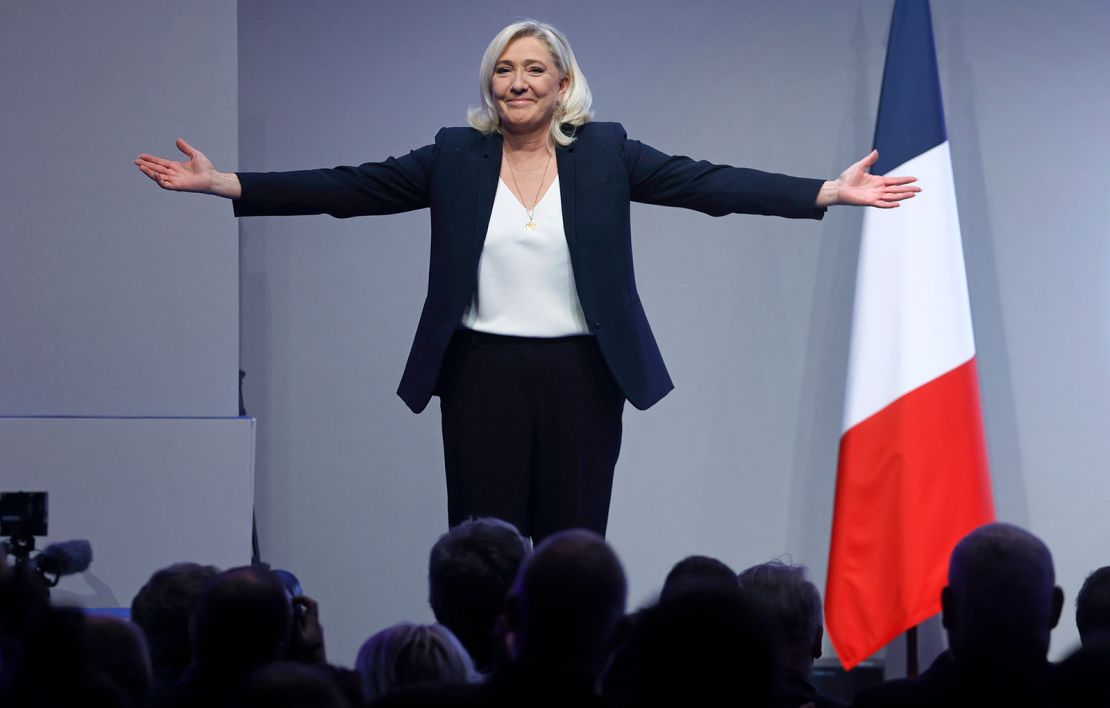Rising popularity of extreme right parties across Europe amidst European Union (EU) elections is a significant political shift. This change is influenced by various factors, including concerns about immigration and radical Islamism. Extreme right-wing parties are gaining traction across Europe. This trend is visible in countries like France, Italy, Germany, and Sweden. These parties often campaign on nationalist and anti-immigration platforms. They promise to protect national identities and borders, resonating with voters concerned about cultural and economic changes.

A major factor driving the popularity of right-wing parties is immigration. Many Europeans feel that large-scale immigration, particularly from Muslim-majority countries, threatens their cultural identity. Incidents of terrorism linked to radical Islamists have exacerbated these fears.
The perception that governments are unable to effectively manage immigration and integrate newcomers adds to the frustration. Right-wing parties capitalize on these sentiments, promising stricter immigration controls and measures to combat radical Islamism.
The rise of extreme right-wing parties is changing Europe’s political landscape. Traditional values of liberal democracy, multiculturalism, and open borders are being challenged. There is a growing emphasis on nationalism, sovereignty, and cultural preservation.
Governments, influenced by the success of right-wing parties, are adopting tougher stances on immigration. Policies now increasingly focus on border security, deportation of illegal immigrants, and stricter asylum processes. Some countries are also seeing debates on reducing the influence of Islam in public life.
The rise of nationalist sentiments poses a challenge to EU unity. Right-wing parties often criticize the EU for eroding national sovereignty. They advocate for reducing the EU’s power and returning more control to individual member states. This could lead to tensions within the EU, affecting its cohesion and decision-making processes.
The growing influence of right-wing parties is also leading to societal divisions. Anti-immigrant rhetoric can fuel xenophobia and discrimination. This creates an atmosphere of fear and mistrust between different communities. The polarization of society is becoming more pronounced, with people divided along ideological lines.
Media plays a significant role in this political shift. Right-wing parties often use social media to spread their message. Misinformation and sensationalist news about immigration and terrorism can amplify fears. This media landscape helps right-wing parties gain support by tapping into public anxieties.
Economic concerns also drive support for extreme right-wing parties. Globalization and technological changes have left some people feeling left behind. Right-wing parties promise to protect jobs and prioritize national interests. They argue that immigration exacerbates unemployment and strains public resources.
The threat of radical Islamism is a genuine concern for many Europeans. Terrorist attacks in cities like Paris, Brussels, and Berlin have left lasting impacts. Right-wing parties use these incidents to justify their hardline stances. They advocate for stronger security measures and policies to curb radicalization.
The growing popularity of extreme right-wing parties will continue to shape Europe’s future. Traditional political parties may adopt more conservative policies to retain their voter base. This shift could redefine Europe’s political values and its approach to immigration and integration.
The challenge for Europe will be to balance security and cultural preservation with democratic values and human rights. Addressing the root causes of economic inequality and integrating immigrants effectively are crucial steps. This approach can help mitigate the appeal of extreme right-wing ideologies and promote social cohesion.
The rise of extreme right-wing parties in EU elections is a response to complex issues like immigration and radical Islamism. Rising Popularity of Extreme Right Parties across Europe, reflects broader societal changes and challenges. This shift is reshaping Europe’s political values, emphasizing nationalism and security over multiculturalism and openness. The future of Europe will depend on how it navigates these changes while upholding its core democratic principles.
4o





Leave a Reply